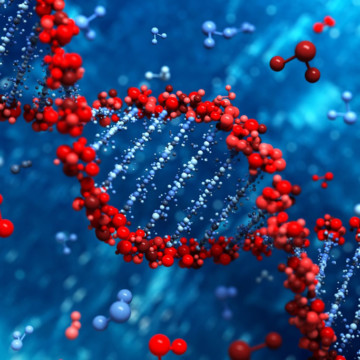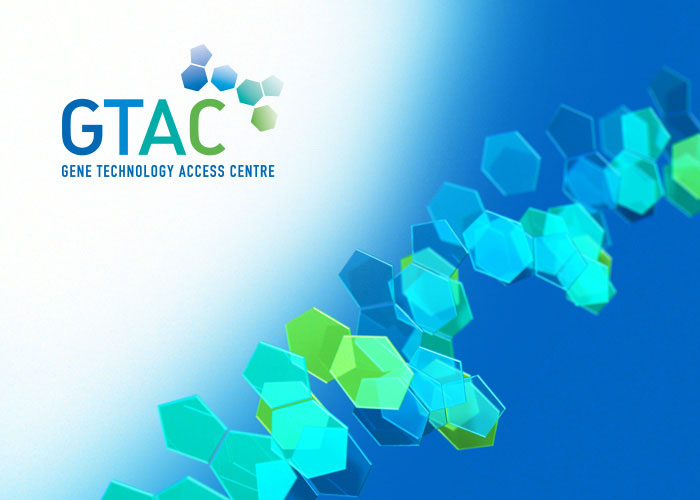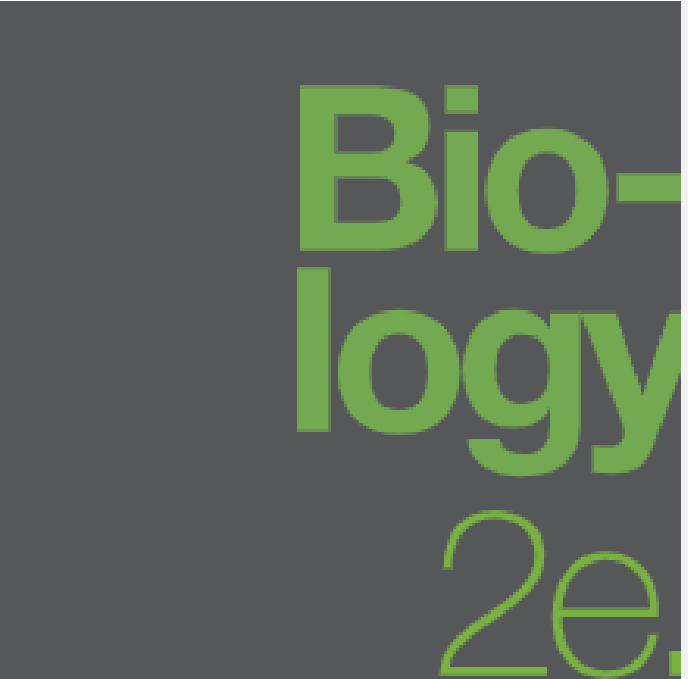

Year 12 Biology Units 3 and 4
Overview
Biology is a diverse and evolving science discipline. It seeks to understand and explore the nature of life, past and present.
You will also learn how life changes and responds to challenges over time, the mechanisms, evidence for, and human impact on
Unit 3
You will learn how cells use the information contained in their nucleic acids to produce proteins and maintain life. You will consider the bioethical issues that surround using this knowledge to manipulate DNA and cell functions. You will explore biochemical pathways, such as photosynthesis and cellular respiration, within the context of innovating agriculture and biofuel production. You will spend time learning how to conduct a scientific investigation and will then design and conduct your own experiment.
Unit 4
You will learn how life changes and responds to challenges. You will seek to understand the nature of the immune system and the strategies we can use to fight disease. You will then focus on genetic change in populations of species and the evidence for biological evolution.
Who is it for?
This subject is for you if you:
- enjoy working as a scientist. You will have many opportunities to improve your skills in performing experiments and analysing scientific literature.
- are curious about the natural world and want to know how life works.
- are interested in pursuing higher education in biotechnology, botany, genetics, immunology, microbiology, pharmacology and zoology, this subject is for you.
What do you do?
In studying this subject you will:
- perform virtual and hands-on experiments
- design and conduct your own scientific investigation
- communicate your findings using a scientific poster
- develop your own response to bioethical issues surrounding human modification of the natural world
- analyse and evaluate biological case studies and secondary data.
What skills do you need?
To be successful in this subject you need some understanding of how to conduct a scientific experiment.
Biology is a hands-on subject with lots of content to learn. Study skills such as note taking and organising your study schedule to accommodate practical activities will help you succeed in Biology.
What skills do you develop?
You will develop skills including:
- developing aims and questions, formulating hypotheses and making predictions
- planning and undertaking investigations
- conducting investigations to collect and record data
- analysing and evaluating scientific data, methods and models
- drawing evidence-based conclusions
- communicating and explaining scientific ideas
- studying techniques for synthesising large amounts of information and remembering biological vocabulary
Requirements
You must have access to the internet to access this course. All work will be completed and submitted online weekly.
Experimentation is a requirement of this course. All experiments are designed to be able to be conducted in a home setting using materials that can be obtained from a supermarket or pharmacy. You will need to obtain these materials for yourself throughout the year.
You will also need an exercise book to use as your logbook for practical work. Practical work is a central component of learning and assessment and may include activities such as laboratory experiments, fieldwork, simulations, modelling etc.
You will spend at least 10 hours of the Unit 3 course and 20 hours of the Unit 4 course completing practical work and scientific investigations.
Things to think about
Biology is a hands-on subject.
You are expected to spend approximately 5 hours a week completing the tasks in Biology.
You will be required to conduct experiments and build models. You will need to plan ahead to gather materials and make the time to perform these types of practical work.
You are also expected to regularly participate in the online environment including forum posts, reading weekly announcements and participating in online lessons where possible.
Things you can do now
Look at the VCAA website and familiarise yourself with the study design and assessment criteria for Biology Units 3 and 4.
Have a go at one of the experiments that we use in this course to measure the rate of photosynthesis in a leaf. This video will show you how to conduct this experiment
Brush up on your Biology with the Khan Academy Biology course. If you have not completed Units 1 and 2 VCE Biology, this resource will help you get up to speed for Units 3 and 4 Biology.
Things to have a look at
Learn Genetics

Explore, study and play – topics include Genetics, Cell Biology, Evolution and Human Health. You can also play with a few Virtual Labs we use in our courses.

